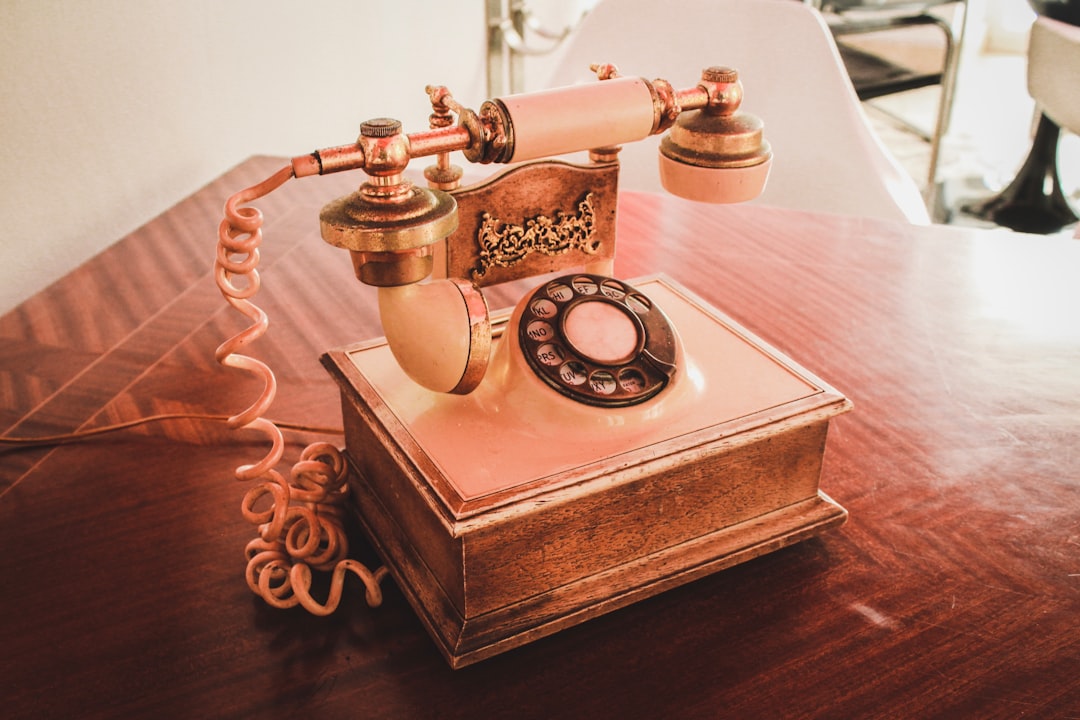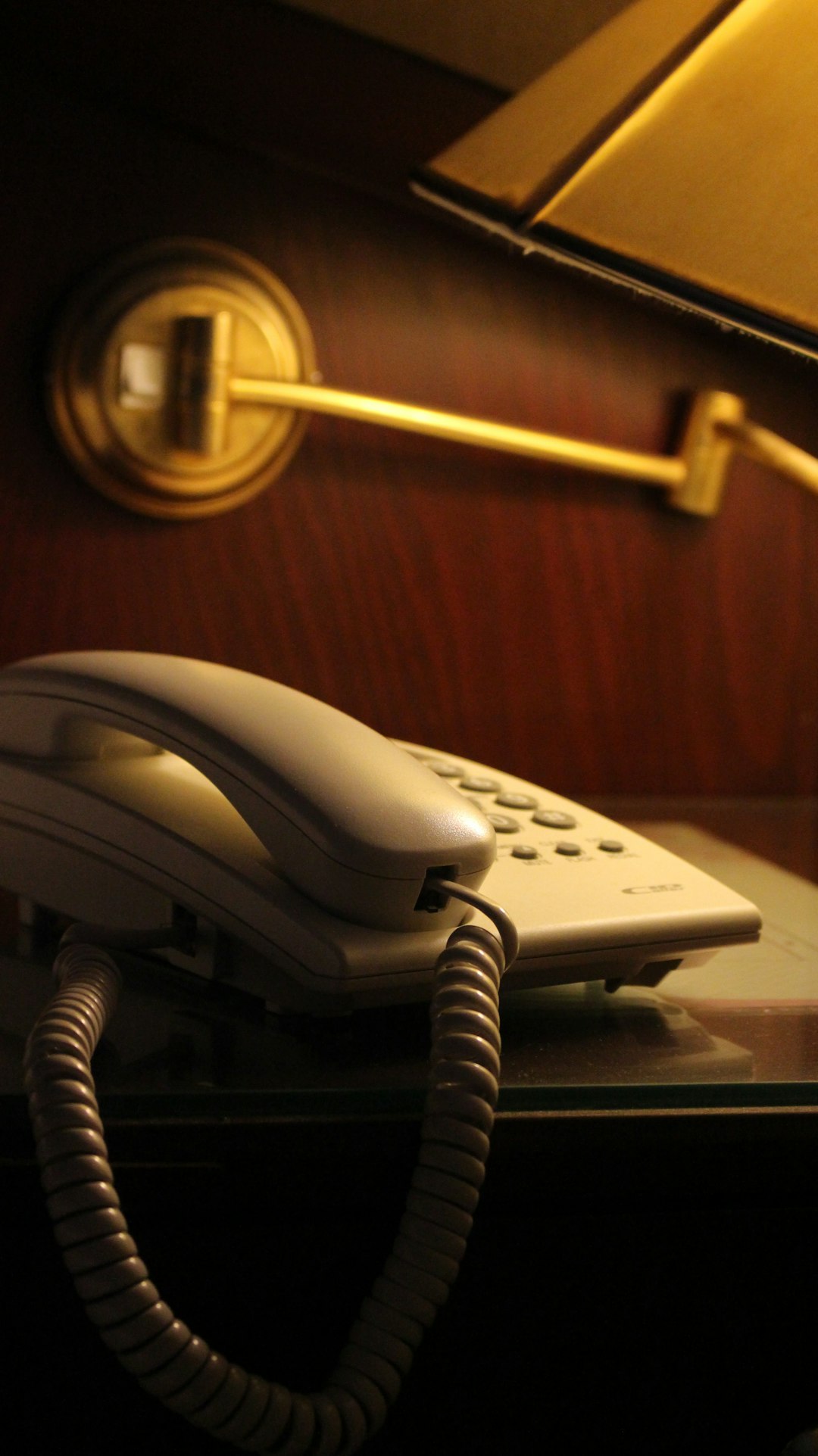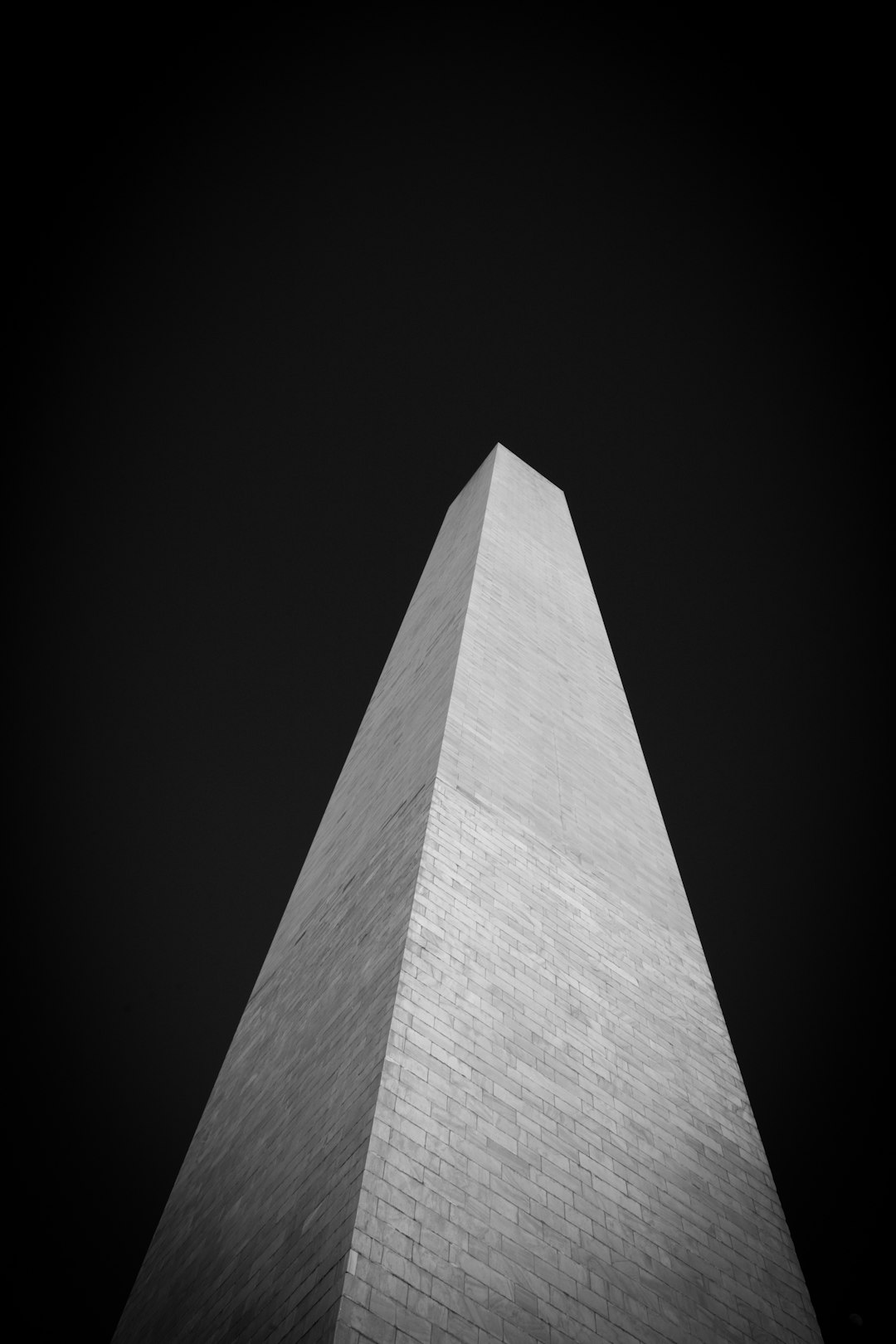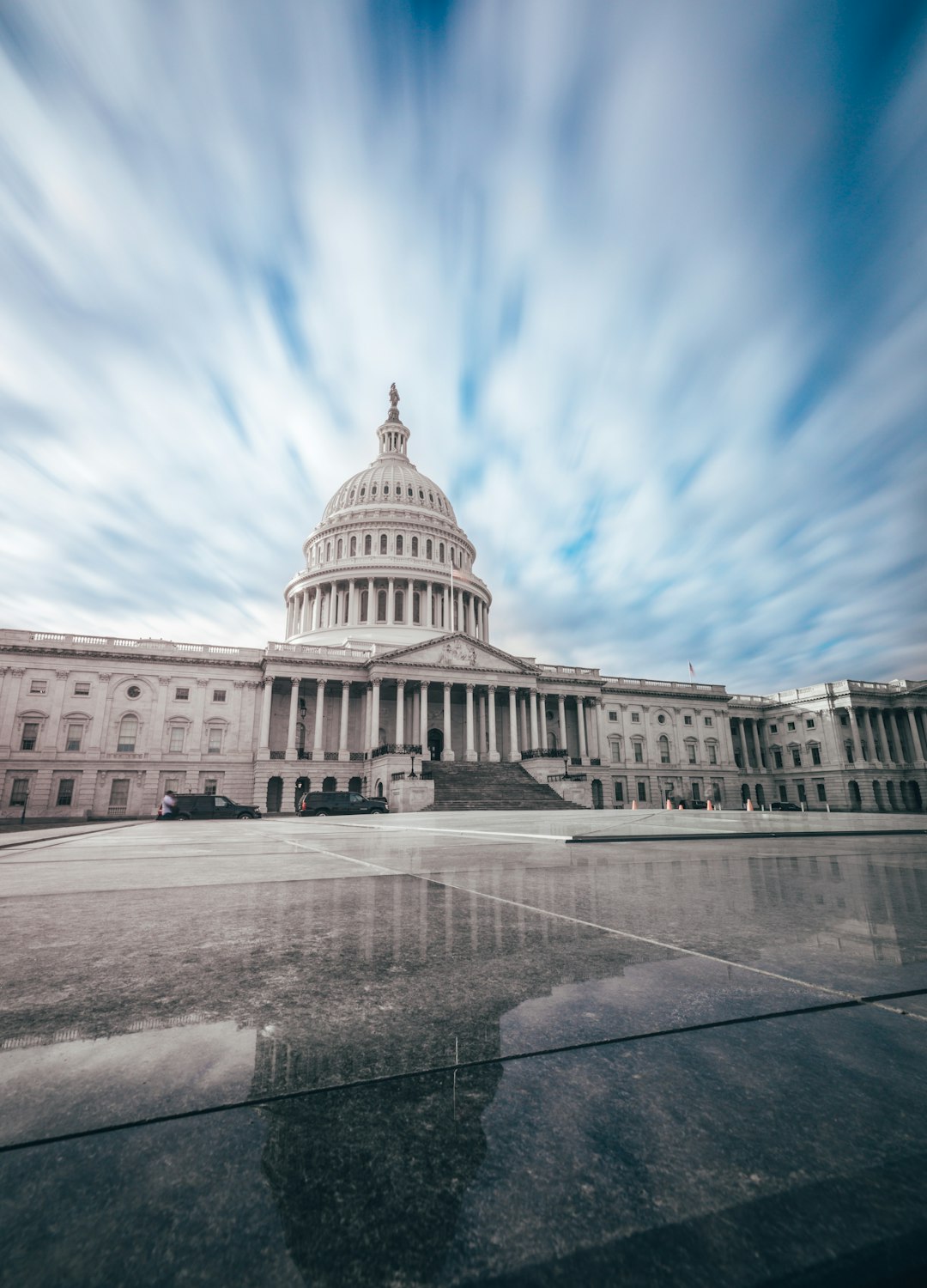Automated messaging, while regulated by laws like the TCPA in the U.S., can still lead to unwanted calls. In Washington state, these practices are further restricted by local telemarketing regulations. If persistent automated calls occur without consent, consulting a specialized unwanted call attorney Washington is advised to protect privacy and seek legal remedies, including monetary compensation for harassment.
In today’s digital age, automated messages have become a ubiquitous part of our lives. From marketing texts to robocalls, understanding your rights in navigating this landscape is crucial. This article delves into the legal framework surrounding automated messaging, guiding you through unwanted calls and their potential legal repercussions. We explore strategies for protection and available remedies, empowering you to take action with the help of an unwanted call attorney in Washington if necessary.
Understanding Automated Messages and Their Legal Framework
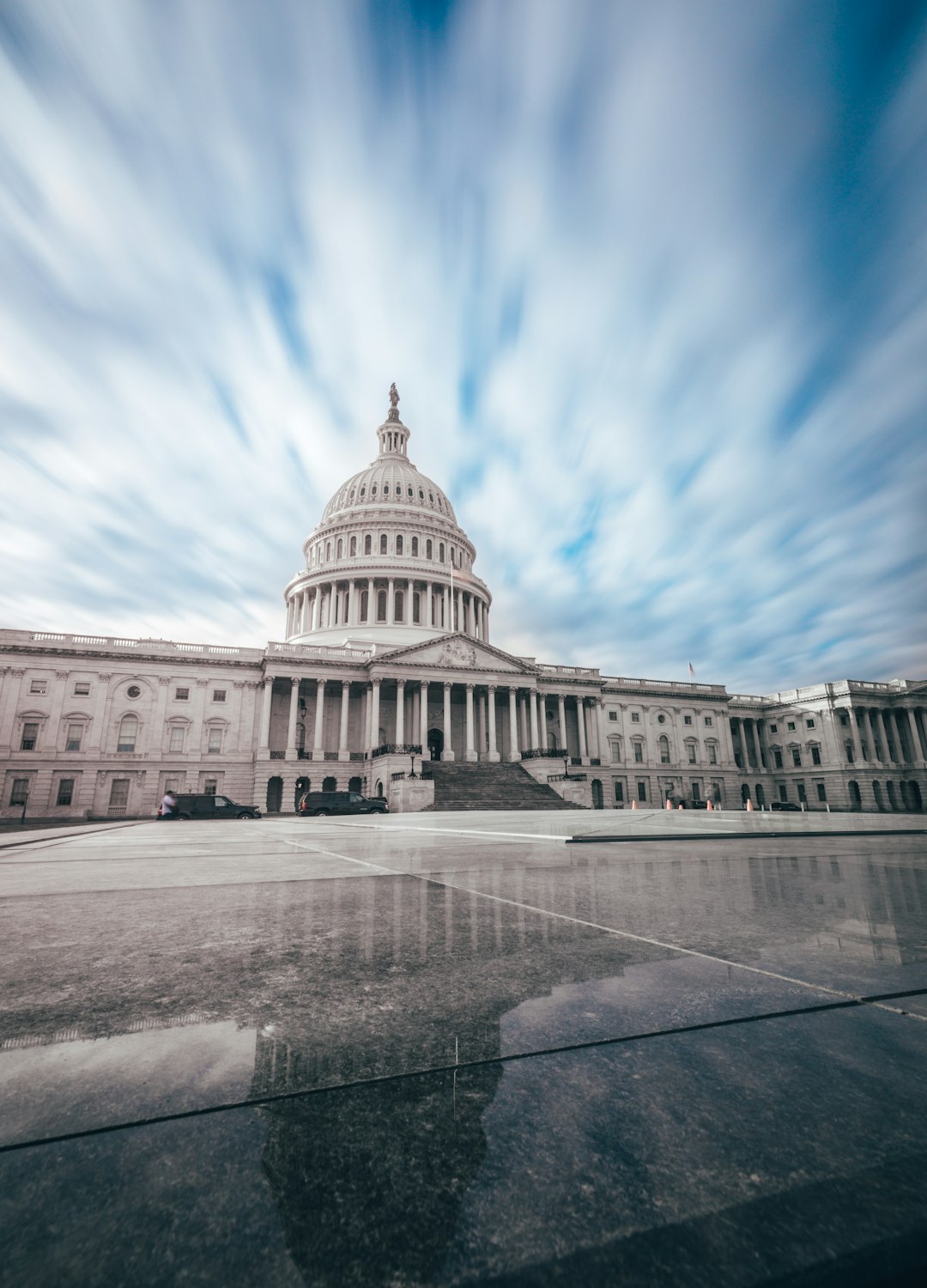
Automated messages, often in the form of phone calls, texts, or emails, have become a ubiquitous part of modern communication. However, not all automated messaging is welcomed by recipients. Unwanted calls, specifically those made without prior consent, are a common nuisance and can sometimes be illegal. In the United States, particularly in Washington state, such practices are regulated by the Telephone Consumer Protection Act (TCPA). This federal law restricts companies from making automated calls to phone numbers listed on the National Do Not Call Registry unless they have explicit permission from the caller.
Washington state also has its own laws governing telemarketing and automated messages. These regulations aim to protect consumers from deceptive or annoying practices. If you’re facing an excessive or unwanted influx of automated calls, especially from Unwanted call attorney Washington, it’s advisable to understand your rights. Knowing when these messages are permissible and when they cross the line can help ensure your privacy and curb nuisance calls.
When Do You Have a Case for Unwanted Calls?

If you’re receiving automated calls or texts that you didn’t consent to, you may have a case for unwanted calls. In the United States, the Telephone Consumer Protection Act (TCPA) prohibits companies from making automated calls or sending text messages to individuals without their prior express consent. This law applies not only to telemarketing calls but also to messages related to debt collection, political campaigns, and more.
A Washington unwanted call attorney can help you understand your rights under the TCPA. If you’ve received these types of calls or texts repeatedly despite asking the sender to stop, it could be considered harassment. In such cases, legal action may be warranted, potentially resulting in monetary damages for each violation.
The Role of the Consumer in Protecting Their Rights
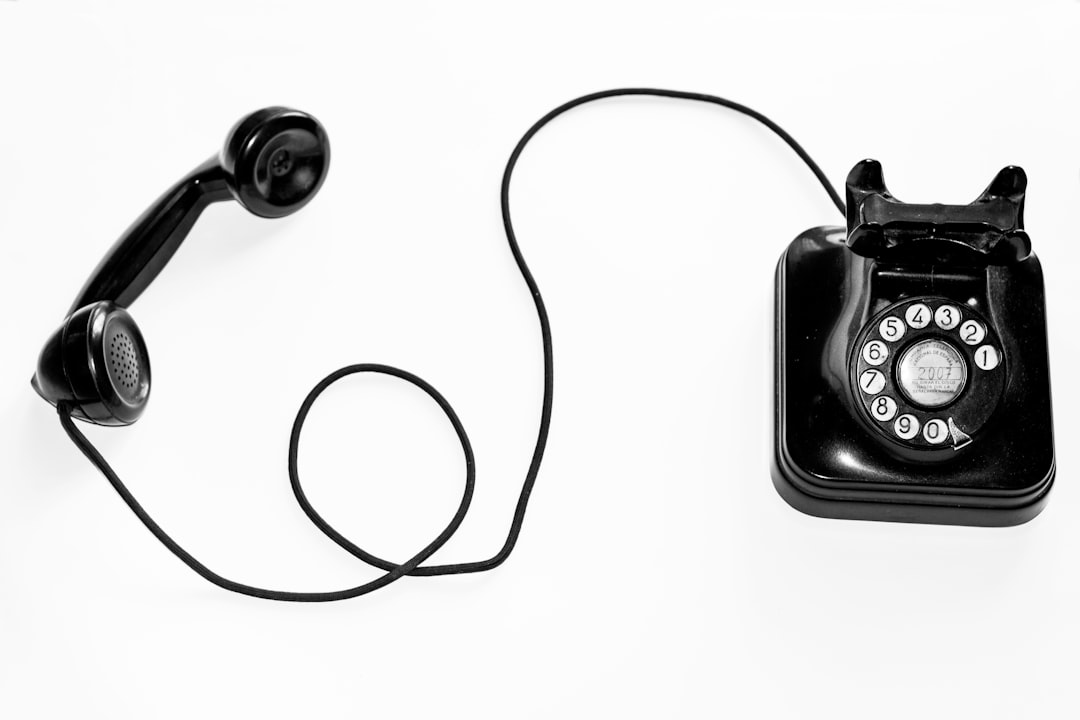
Consumers play a pivotal role in protecting their rights when it comes to automated messages, particularly unwanted calls. In many jurisdictions, including Washington state, there are strict regulations in place to safeguard individuals from intrusive and unauthorized communication. If you’ve received an excessive or inappropriate automated call, you’re not powerless; taking action can make a significant difference.
One crucial step is to familiarize yourself with the law, such as the Telephone Consumer Protection Act (TCPA), which prohibits certain forms of automated dialing and messaging. Additionally, registering your number on “Do Not Call” lists can curb unwanted calls. If you’re troubled by persistent automated messages, consulting an experienced Unwanted Call Attorney in Washington can provide guidance and ensure your rights are upheld. They can help navigate the legal landscape, offering strategies to stop unwanted communication and potentially seek compensation for any infringement of your privacy or peace of mind.
Legal Recourse and Potential Remedies
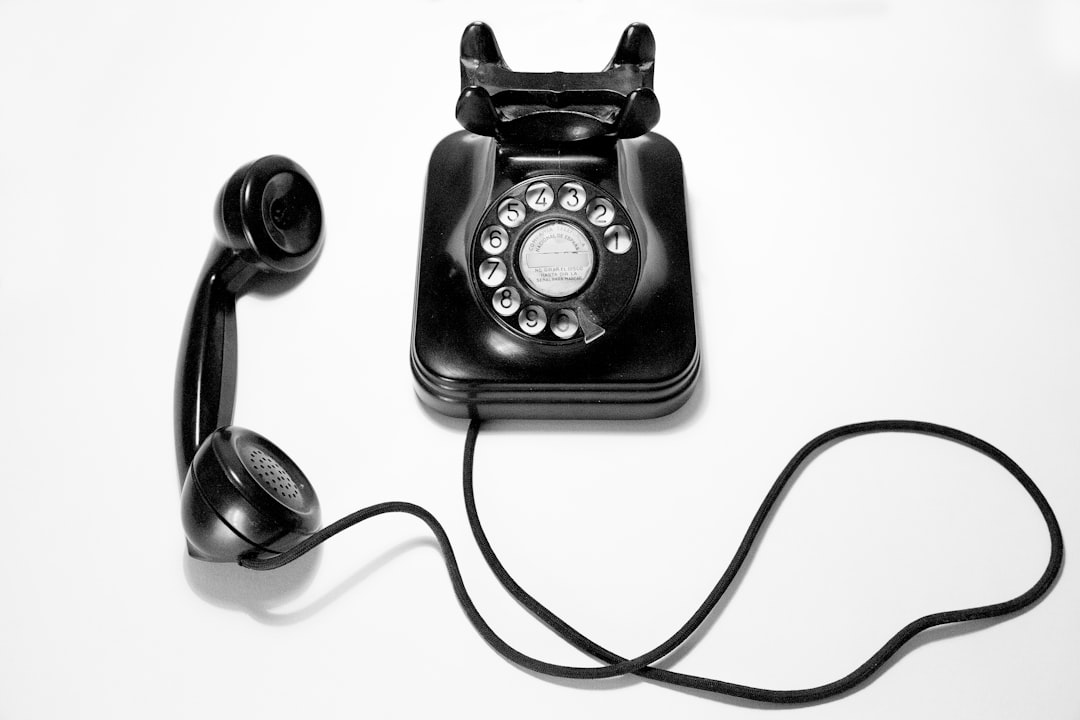
If you’ve received unwanted automated messages, such as spam text or robocalls, in Washington state, you may have legal recourse. According to the Telephone Consumer Protection Act (TCPA), it’s illegal for businesses and telemarketers to make automated calls to consumers without their prior consent. If these calls are causing you distress or infringing on your privacy, an unwanted call attorney in Washington can help. They can guide you through the process of filing a complaint with regulatory bodies like the Federal Communications Commission (FCC) and pursue legal action if necessary.
Potential remedies for unwanted automated messages include blocking the caller, obtaining a temporary or permanent restraining order, and seeking monetary damages. An attorney specializing in consumer protection law can assist in determining the best course of action based on your specific situation. They can also help negotiate with the offending party or represent you in court to ensure that your rights as a Washington resident are protected.
Strategies to Stop Unwanted Automated Messaging
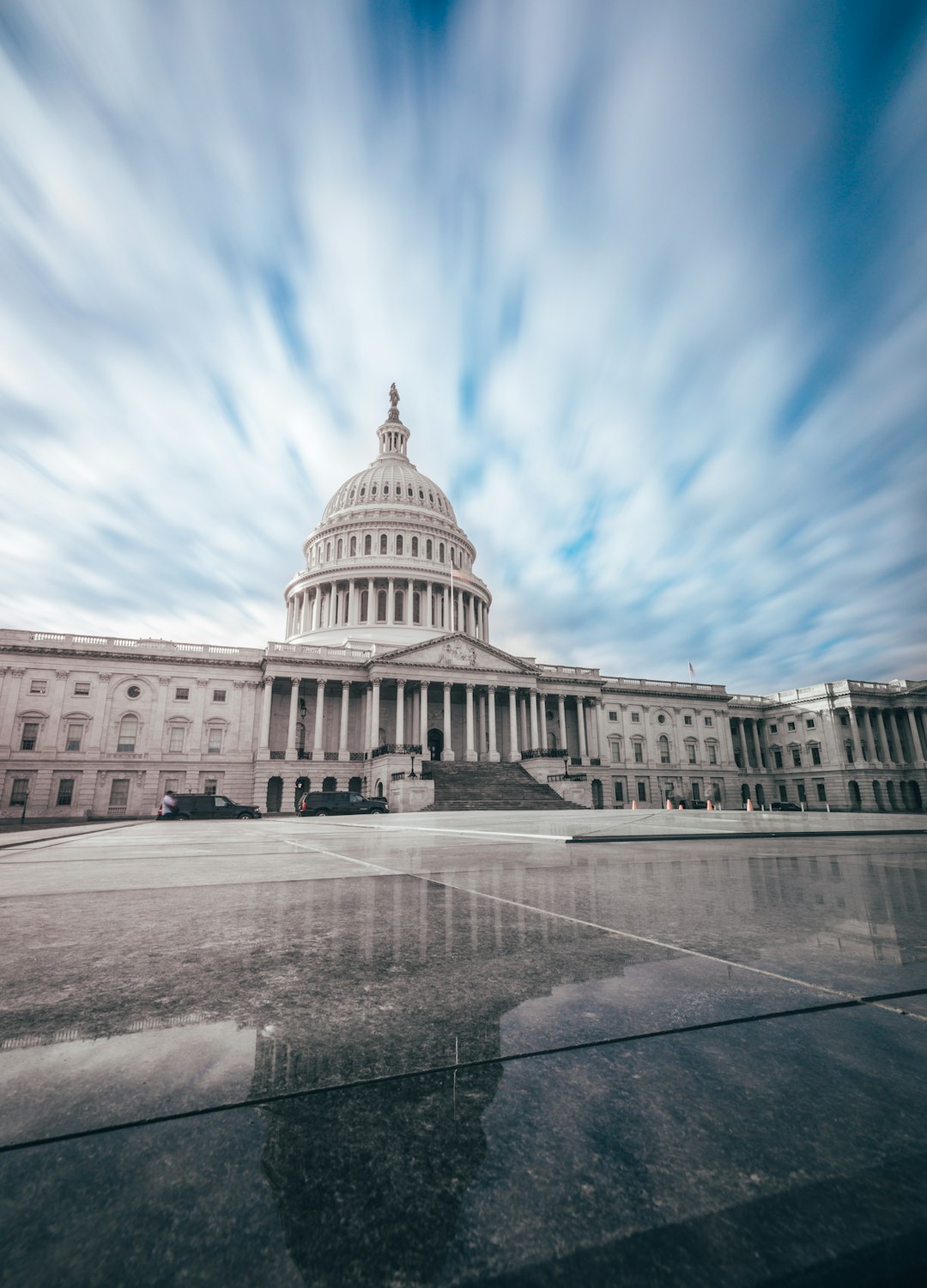
If you’re tired of receiving unwanted automated messages, there are several strategies you can employ to put a stop to it. One effective approach is to register your number with the National Do Not Call Registry. This federal list prevents telemarketers and robocallers from contacting you unless you give explicit consent. It’s a simple process that can significantly reduce the volume of automated calls you receive.
Additionally, many mobile carriers offer tools and features tailored to block or filter these unwanted messages. From dedicated apps to built-in settings, these options allow you to customize your privacy settings and control who can reach you. If persistent issues arise, consulting a unwanted call attorney Washington could be beneficial. Legal experts in this field can guide you through your rights and available remedies, ensuring that automated messaging intrusions are addressed effectively.
